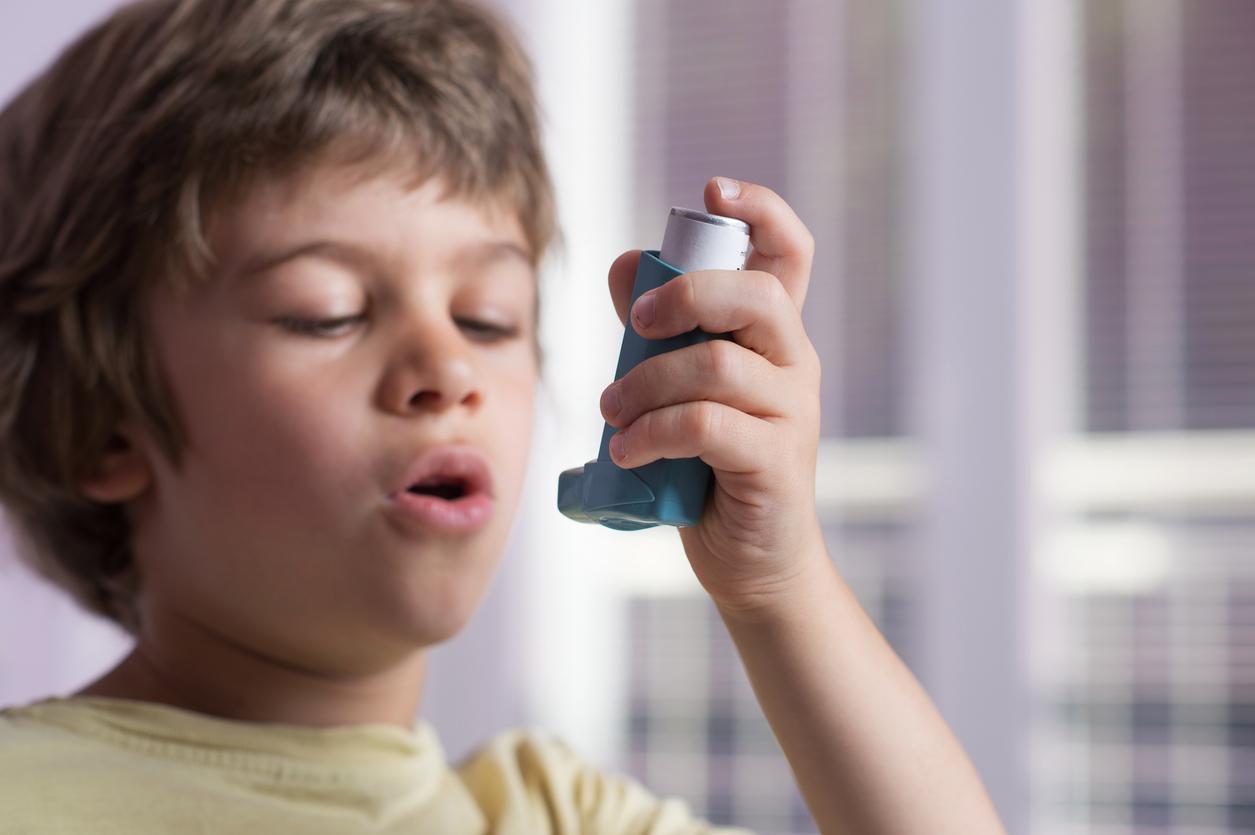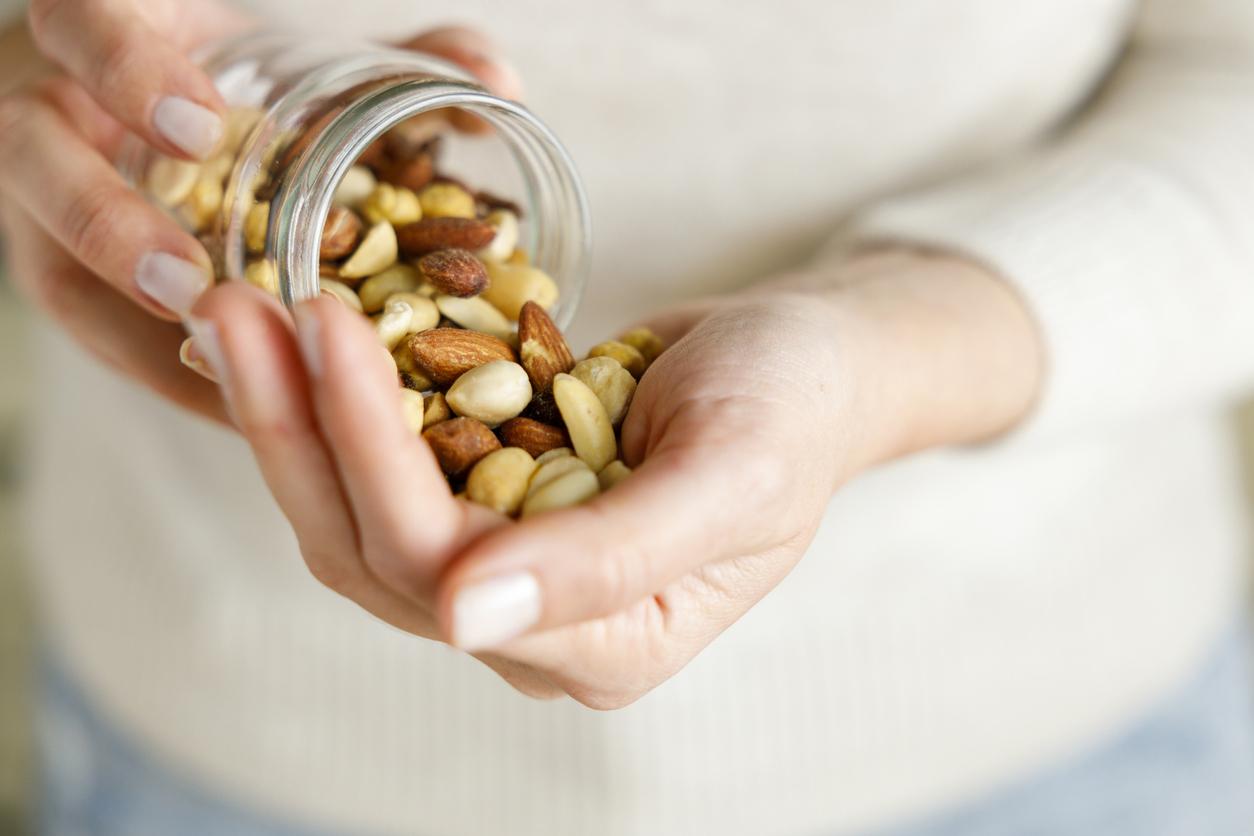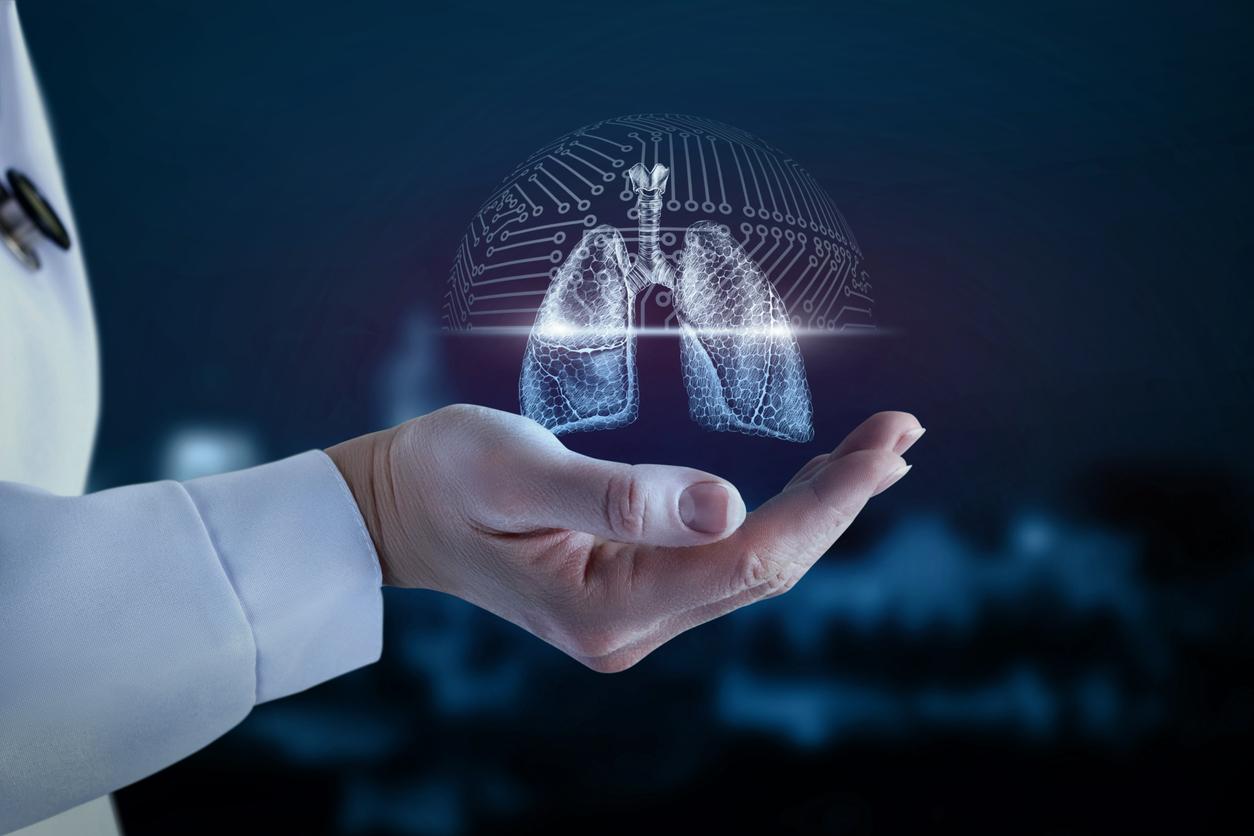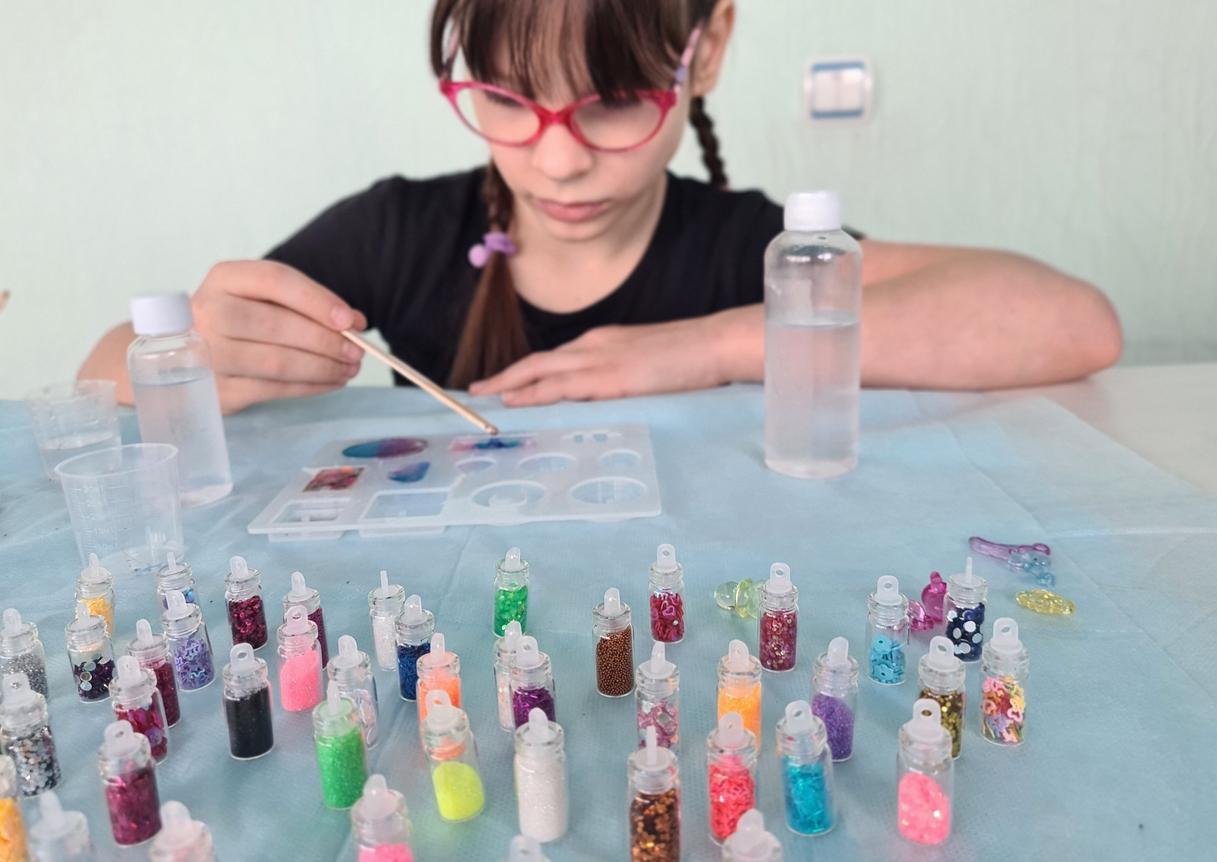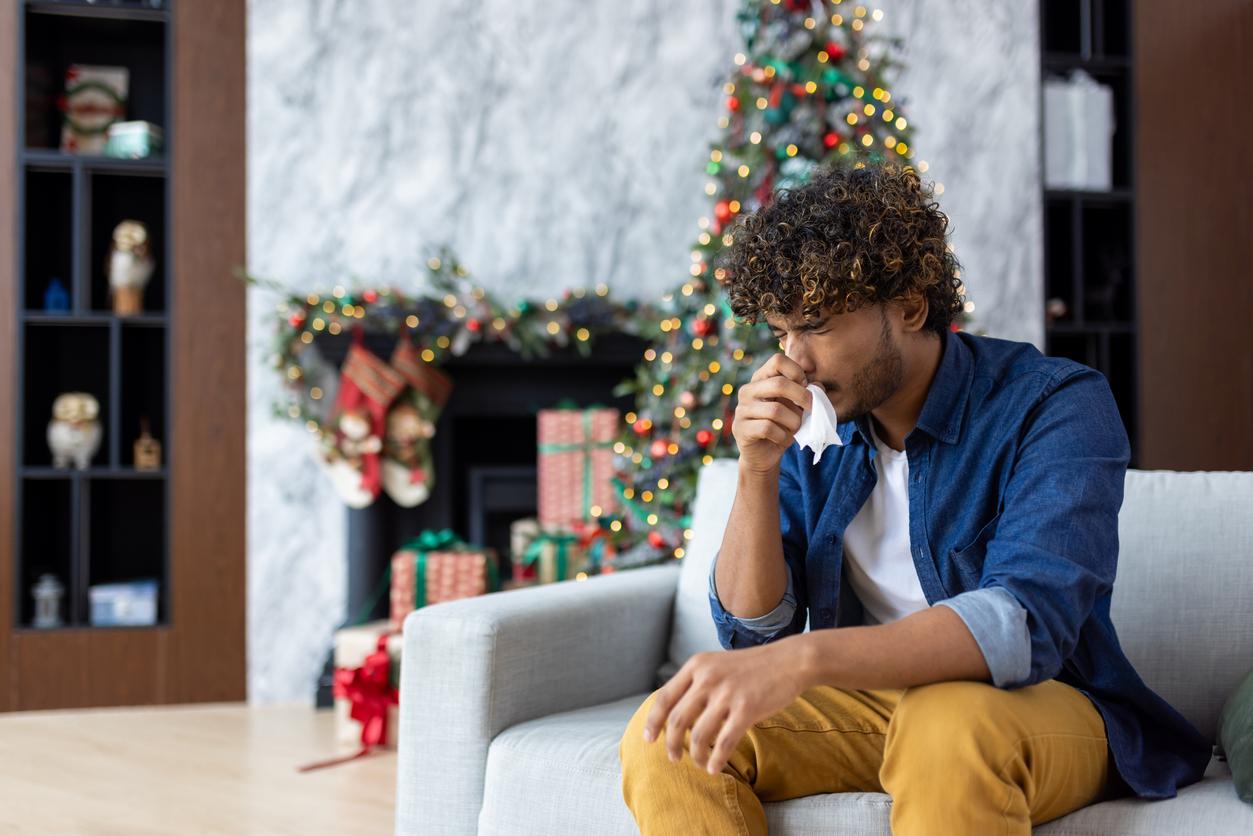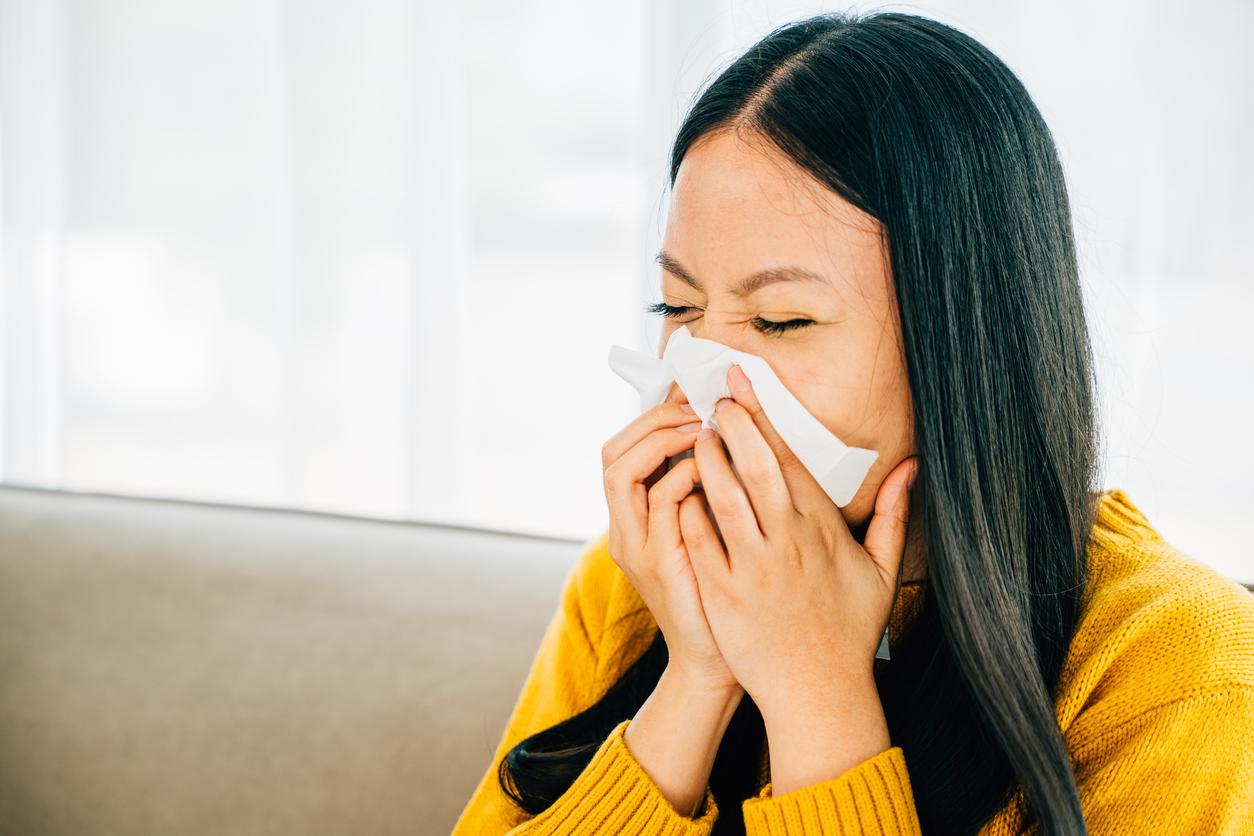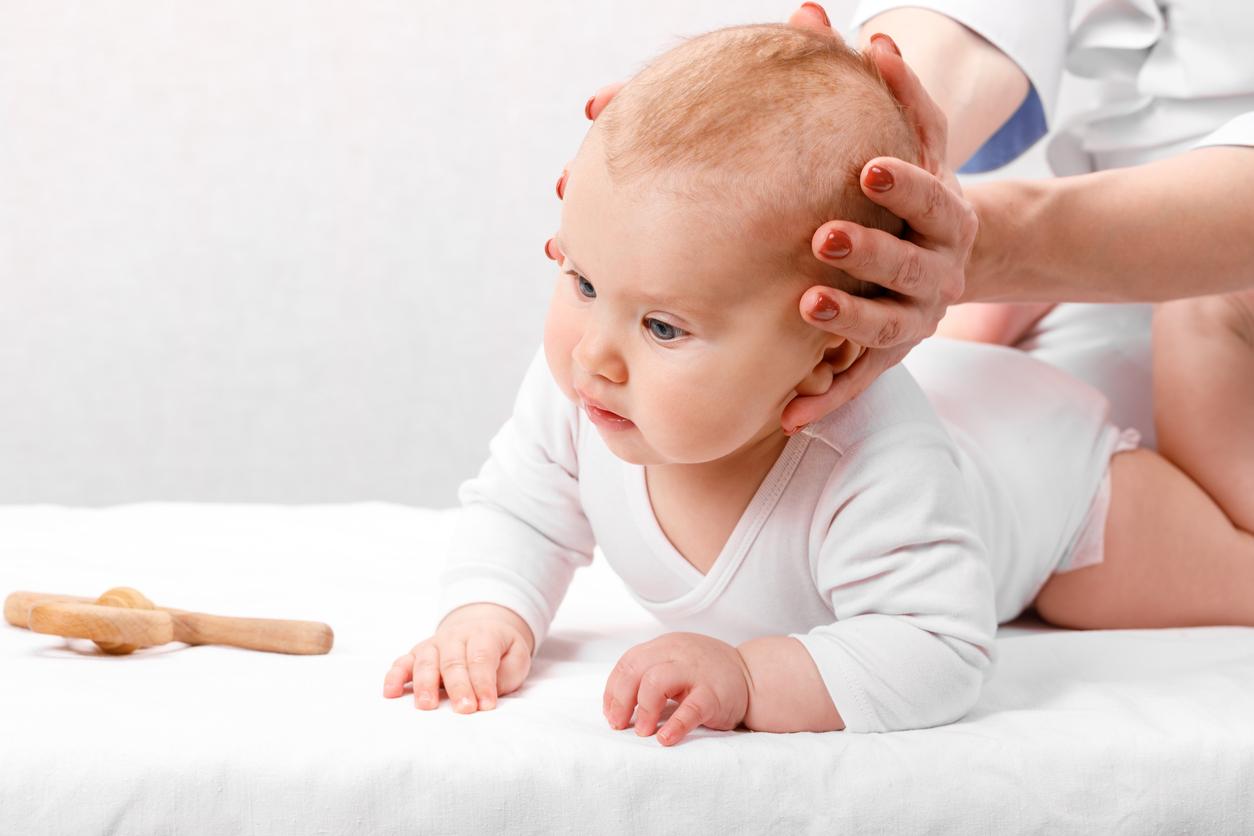Cleaning her child’s pacifier with her saliva would reduce the risk of allergies, eczema and asthma. Explanations.
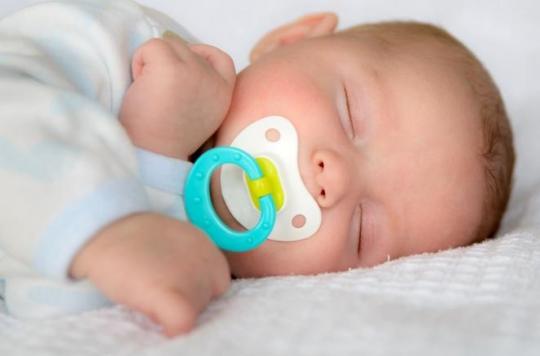
For many parents, it is a gesture that has become a ritual: that of going under clear water, or even sterilizing their baby’s pacifier as soon as it has fallen to the ground. In this way, they no doubt think they are protecting them against any risk of disease or allergy.
According to a new study presented at the annual scientific meeting of the American College of Allergy, Asthma and Immunology (ACAAI), it is however far from being the most effective solution. To strengthen the immune defenses of his toddler, it would be better to clean the pacifier with his own saliva by sucking it.
Transmission of healthy microorganisms by parents
A solution that is not very appetizing, but which has been proven, say researchers at the Henry Ford Health System in Detroit. They found a weaker allergic response in children whose pacifier was sucked by parents.
“We interviewed 128 mothers of infants several times over an 18-month period and asked them how they cleaned their child’s pacifier,” explains in a statement allergist Eliane Abou-Jaoude, member of the ACAAI and lead author of the study. “We noticed that children of mothers who sucked pacifiers had lower levels of Immunoglobulin E.” Immunoglobulin E (IgE) is an antibody naturally involved in the allergic reaction. With few exceptions, a high level of IgE indicates a higher risk of allergies and allergic asthma.
Of the 128 mothers who participated in multiple interviews, 58% said their child was currently using the pacifier. Among them, 41% declared cleaning it by sterilization, 72% declared washing it with water and 12% declared cleaning it with their saliva.
“We found that parental pacifier sucking was related to suppression of IgE levels beginning around 10 months and continuing for 18 months,” comments allergist and co-author Dr Edward Zoratti. ‘study. “Further research is needed, but we believe that the effect could be due to the transfer of microbes beneficial to the health of the parents’ mouths,” he continues, adding that it is still too early to know if this decrease IgE production seen in these children will continue for years to come.
“We know that exposure to certain microorganisms early in life stimulates the development of the immune system and can protect against allergic diseases later,” continues Dr. Abou-Jaoude. “Parental pacifier sucking may be an example of how they can pass on healthy microorganisms to their young children. Our study indicates an association between parents who suck their child’s pacifier and children with lower IgE levels, but this does not necessarily mean that pacifier sucking causes a decrease in IgE.”
A risk of eczema reduced by 63%
This is not the first time that researchers have observed a reduction in the risk of allergies in children whose pacifier is sucked by their parents.
In 2013, a study published in the journal Pediatrics and involving 184 Swedish newborns at high risk of allergies had come to a similar conclusion. At 6 months of age, 65 parents reported cleaning the teats with their saliva, the other parents cleaning the teat with water. Result, examination of children at 18 months showed that those whose teats had been “cleaned” in the mouth of the parents had seen their risk of eczema reduced by 63% and that of having asthma reduced by 88%. %. For the authors of the study, this phenomenon was “probably due to an early stimulation of the immune system of the child by the germs transmitted in the saliva of his parent”.
However, they warned, this passage of the pacifier from the mouth of the parent to that of the baby is not always without risk. This “can, for example, transmit diseases such as herpes or respiratory syncytial virus”.

.








